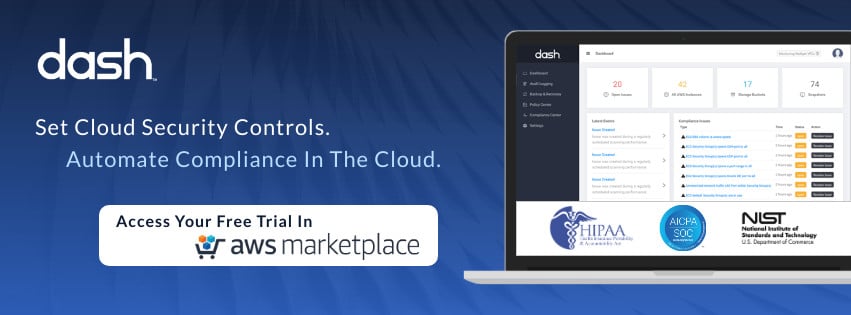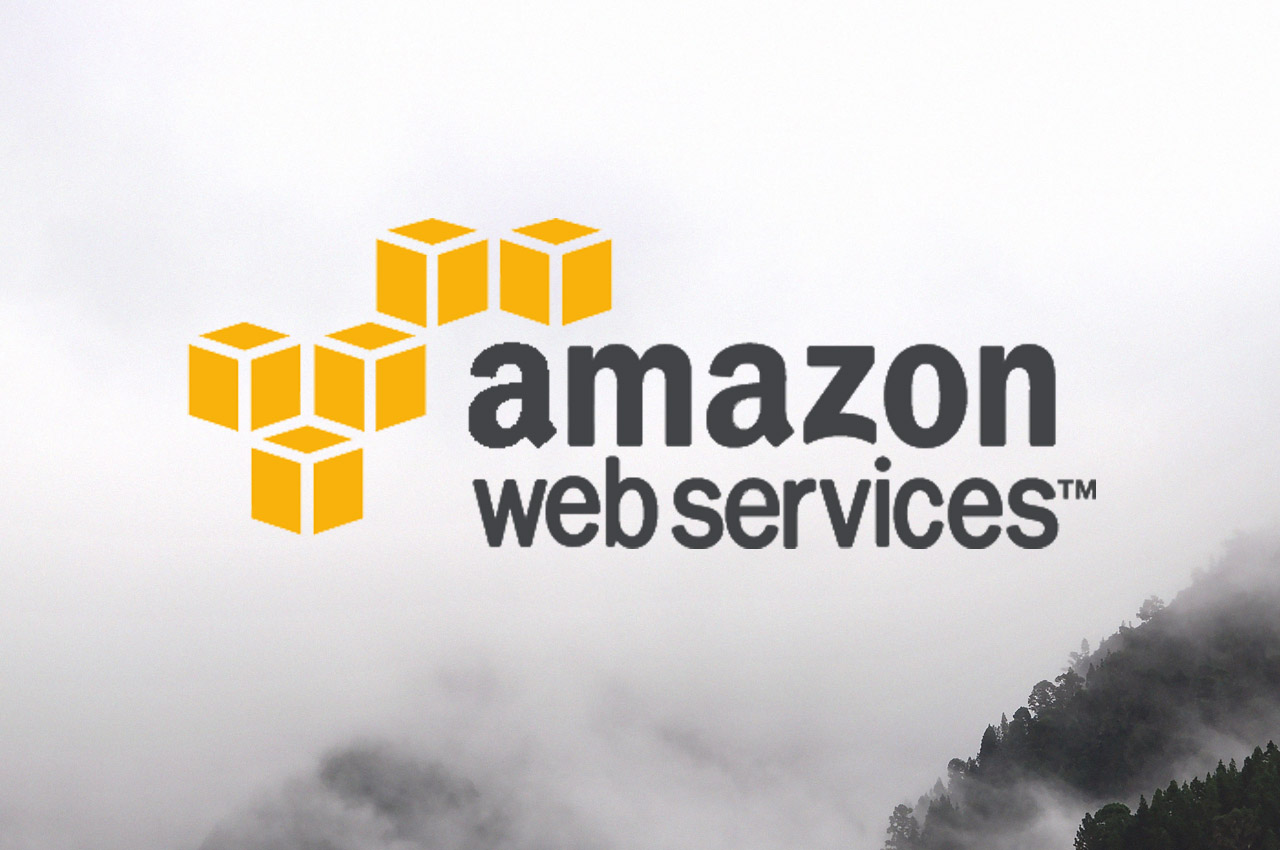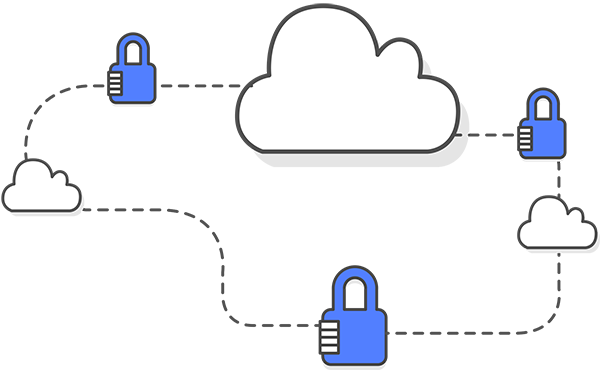With security breaches becoming more common, enterprises have started closely vetting vendors, and companies are getting more serious about their security programs. Many security teams have turned to industry-established cybersecurity standards and attestations such as SOC 2 and ISO 27001 to validate the security posture of their organization.
Is your team looking at getting a security audit but not sure which one? In this article, we’ll compare SOC 2 vs ISO 27001, and show you how to choose the right one.
We’ll compare both based on their:
- Certification process
- Scope
- Design
- Market applicability
- Cost
By the end of the article, you’ll know exactly which one you should choose, and why.
Let’s get started.
SOC 2 and ISO 27001: What Do They Have in Common?
Both SOC 2 and ISO 27001 audits have many things in common. They both test how a company performs at keeping its customer data safe and secure, and how they keep the risk of a data breach as low as possible.
They are similar in that they both test an organization’s approach to information security and its ability to mitigate risk. Both frameworks cover many of the same topics and are recognized around the world. Even the certification process is fairly similar, so completing one audit makes your company likely to complete the other.
So, what’s the difference?
SOC 2 vs ISO 27001: What’s The Difference?
Here are the main differences between SOC 2 and ISO 27001:
1. Certification process
Although the certification process is similar, the person who conducts the audit will change.
For an ISO 27001 certification, you’ll need a recognized ISO 27001-accredited certification body. Once completed, this body will give the organization a certificate of compliance.
However, a SOC 2 report can be performed by a licensed Certified Public Accountant (CPA) or CPA firm, who gives the organization a formal attestation. Teams typically work with an audit firm to determine scope and conduct an audit.
2. Scope
Although both audits are meant to certify how a company protects customer data, they go about proving it in different ways.
SOC 2 is mainly focused on the company’s security controls and how they’re implemented. ISO 27001 also proves the company has a functional Information Security Management System (ISMS) to regularly manage its InfoSec program.
This can make the ISO 27001’s scope wider since it needs to verify that the ISMS is up to the ISO 27001’s standard. That’s why ISO 27001 usually requires about 50% more time to complete than SOC 2.
Whereas completing a SOC 2 Type 1 certification usually takes from 3 to 6 months, adding another 3 to 6 months to achieve SOC 2 Type 2, ISO 27001 takes between 12 months to 18 months of monitoring due to its wider scope.
That’s why getting the SOC 2 certification may be considered a first step towards getting the ISO 27001 certificate.
3. Renewal process
Both SOC 2 and ISO 27001 need to be renewed to keep their validity. However, with SOC 2, most companies will start with a Type 1 report, and then continue with a Type 2 report to show how effective their security controls are, usually during a 12-month period. Once that’s completed, you’ll need to renew your SOC 2 certification every year.
With ISO 27001, you’ll likely get into a 3-year commitment where the certification body will start the audit the first year, and renew it yearly after it’s achieved.
4. Market applicability
While you can use both certifications globally, SOC 2 is more common in the United States and Canada. Outside of those countries, ISO 27001 is usually more popular.
That’s why most businesses in North America will go for the SOC 2 certification, whereas companies in Asia and Europe will likely go for ISO 27001.
5. Cost
Pricing for both definitely varies depending on your industry, your scope, and who’s certifying you. However, since ISO 27001 takes 50-60% more time to complete, it usually costs 50-60% more too.
The best way to know the exact difference between costs is to ask for an estimate for your organization.
SOC 2 vs ISO 27001: How To Choose The Right One
Here’s how to know when to choose SOC 2 and when to choose ISO 27001:
Choosing SOC 2:
As we’ve seen, SOC 2 is better for organizations that are in North America. It also takes less time to complete, covers a smaller scope, and is usually cheaper to get.
Since SOC 2 offers several report types, teams can plan an audit based on their needs and overall timeline. For example, your team may work to achieve SOC 2 Type 1 and then achieve a Type 2 certification 6 or 12 months later.
If your company is in North America, your clients will usually ask for a SOC 2 audit report to do business with you.
Choosing ISO 27001:
Whereas SOC 2 is accepted internationally, ISO 27001 is far more detailed, and, therefore, more widely accepted internationally.
If your organization does business internationally or outside of North America, the lengthier and more thorough ISO 27001 certification will be far more valuable to you.
Should You Get Both Certifications?
As we mentioned before, many companies prepare to get the SOC 2 certification as part of the process towards achieving ISO 27001 certification. Completing both audits, and even getting both certifications can make you more desirable towards clients, showing them how seriously and multi-faceted your data security is.
At the end of the day, the best way to decide between SOC 2 and ISO 27001 is by talking to the experts.
Trying to determine how to prepare for security certification or an upcoming audit? Request a demo or schedule a call with Dash today to learn about certifications and building your team’s security program.




